
Developer: Radical Fish Games
Publisher: Deck13
Platform: PC, PS4, Xbox One, Switch
Tested on: PS4
CrossCode (PS4) – Review
CrossCode is a retro-inspired, 2D action-adventure role-playing game developed by Radical Fish Games and published by Deck13. Development began in 2012, and was later introduced as a crowdfunded project in early 2015. Following a three-year-long early access beta phase, CrossCode was released for PC in September 2018 and for PlayStation 4, Xbox One and Nintendo Switch in July 2020. Taking an interesting, humorous, and at times intensely convoluted, view of MMORPG (Massively Multiplayer Online Games) in the far future, CrossCode will surprisingly take you on a trip to the past…
Story
The tale of CrossCode is an original one, and while it can be hard to follow to start off, with sudden scene changes, rapid character introductions and near-constant background lore being fed to the player, it still creates an engaging and all-round enjoyable plot.
The game begins with a young woman called Shizuka Sakai fighting her way through a Japanese garden setting to rescue her brother, but once she finds him, he dies in her arms. An unknown amount of time later, a girl called Lea awakens inside a cargo ship with no memories of her past and is informed by the ship’s captain that she must play the MMORPG “CrossWorlds” in order to regain her memories.
This is essentially the first 10 minutes of play. While a little overwhelming in content, the player is well placed in a classic underdog/ hero rising tale. A comparison that will be drawn throughout this review is the strong inspirations taken from classic Nintendo history, in particular the Legend of Zelda series. The feeling of a futuristic Link, gathering from the elemental temples is felt throughout the story (particularly from the largely silent protagonist routine). And this is by no means a bad thing. The feeling is not of copying, but rather paying tribute to a beloved classic.
Graphics
Immediately the comparison has to be made to classic Nintendo designs and colour palettes. Using a 16-bit Super NES style, the level design and colour is bold and simple, like playing on a game boy with a bolder contrast. Stills of the characters pop up with varying expressions during conversations, loot drops are minimalistic symbols and combat grades have a single white line edging the letter to denote a metallic sheen. All retro low bit design tricks.
But this isn’t on a Game-boy. This is on the latest generation consoles and PC. The colours and particle effects fill the screens and transition smoothly. Colours explode, edges darken to show intrigue and lighting effects help emphasise impact. The effect this delivers is the nostalgia of playing an old favourite game, without the disappointment of the performance that is often associated with replay on older systems.
Sound
Despite utilising the largely simplified sound set that is often associated with low bit designs in games, the backing music throughout CrossCode is fantastic from start to finish. While maintaining a classic “Setting” style to let you know exactly when your character enters a town or meadow, the melodies fit the combat and are unique for every boss. Touching more complex sounds from guitar or drums occasionally stands out, giving depth and intensity to the settings. This was so well done, that 2 years after an official soundtrack release, the video game music label that produced it, Materia Collective, released it as a 2-disc vinyl collection in June 2020.
Gameplay
The key feature we drew from the gameplay was the focus on the simplicity of retro games. There is no jump button, just move and the character will jump where appropriate, such as stairs or ledges. There are essentially two buttons for combat, and the effect is changed by the use of the directional sticks. Interaction is all one button and items boosts stats but don’t create notable appearance changes.
This is a bit of a double-edged sword, as this simplicity creates fast and intuitive gameplay that works well with the game design, which is fun during the exploration, and downright amazing with the combat. The fast pace, bold colours and quick changes between range and melee, shield and dodge, standard and special attacks make every fight enjoyable and instinctive.
However, this makes movement through the world a slight chore at times and it does subtract from the feeling of having any input in the game. Initially, it is a challenge to track progress, with few travel points and minimalistic mapping to find your way around. And then there is very little choice, and almost no visual confirmation from those few choices that are expected in an RPG, or at least modern ones. The addition of clothing and weapon choices ends up feeling irrelevant, as it’s all just numbers with nothing to indicate that any difference has been made. A small indication, like a colour change, or an attack pattern variation would go miles. But it seems that the slight changes from skill tree investment are all that’s required, though these admittedly become very impressive displays after several hours of play.
Conclusion
While a little hard to follow at times, and possibly oversimplification in some of its basic functions (mapping, equipping items, changing skills etc.) detract from the gameplay mechanics and enjoyment. However, when or if you get past these, the same things that seemed to be small issues are also why it is such an enjoyable game. CrossCode is bold and fast, simple and intuitive, engaging and creative, and definitely worth adding to any playlist, whether you grew up with a Super NES or just love to play a game made in homage to the classics that made gaming what it is today.
CrossCode (PS4) - Review,1 Comment
Leave a Reply
You must be logged in to post a comment.

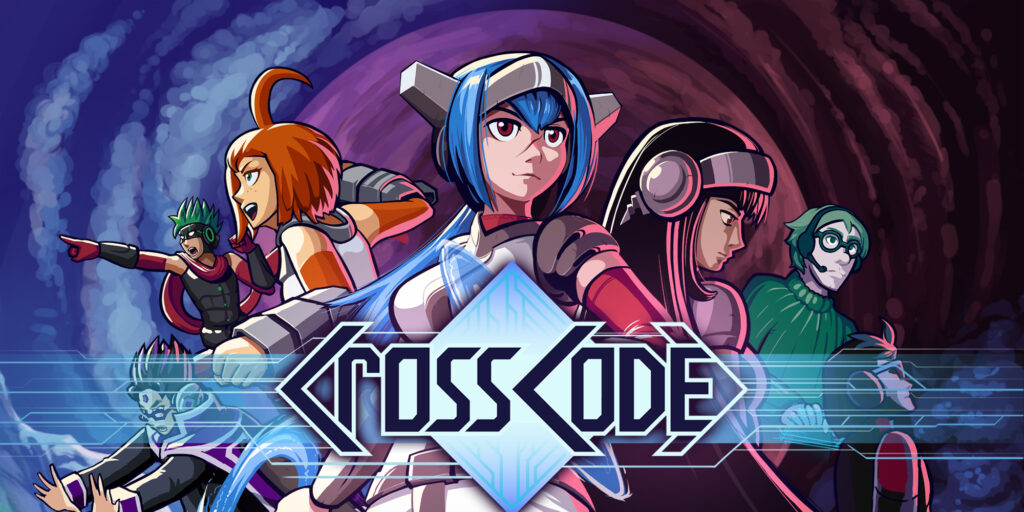
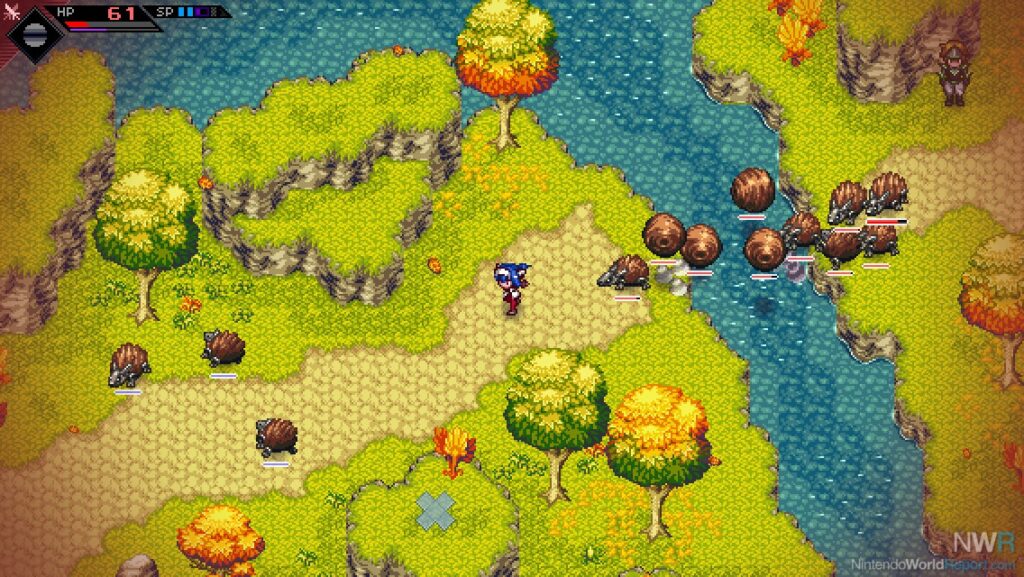
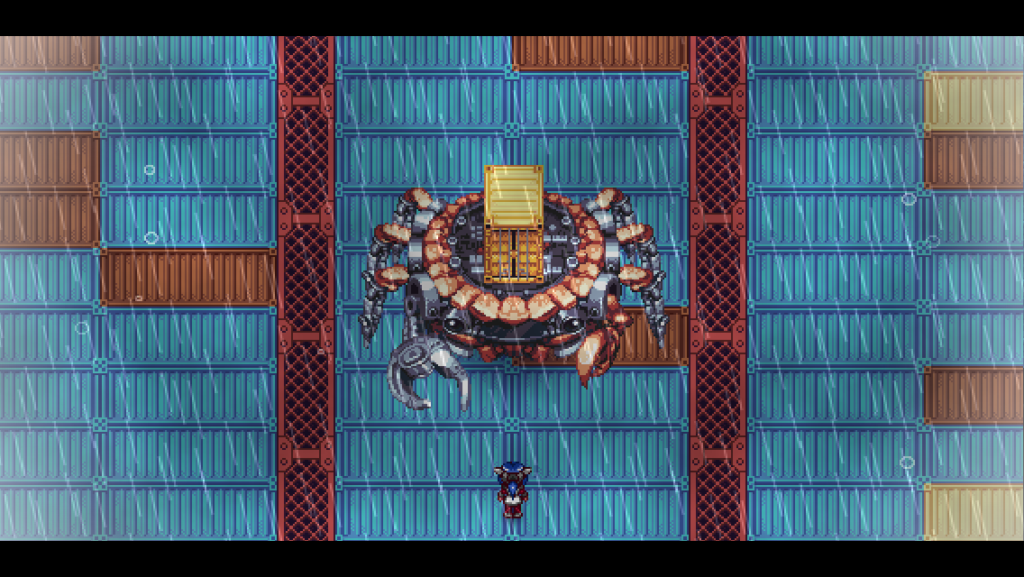
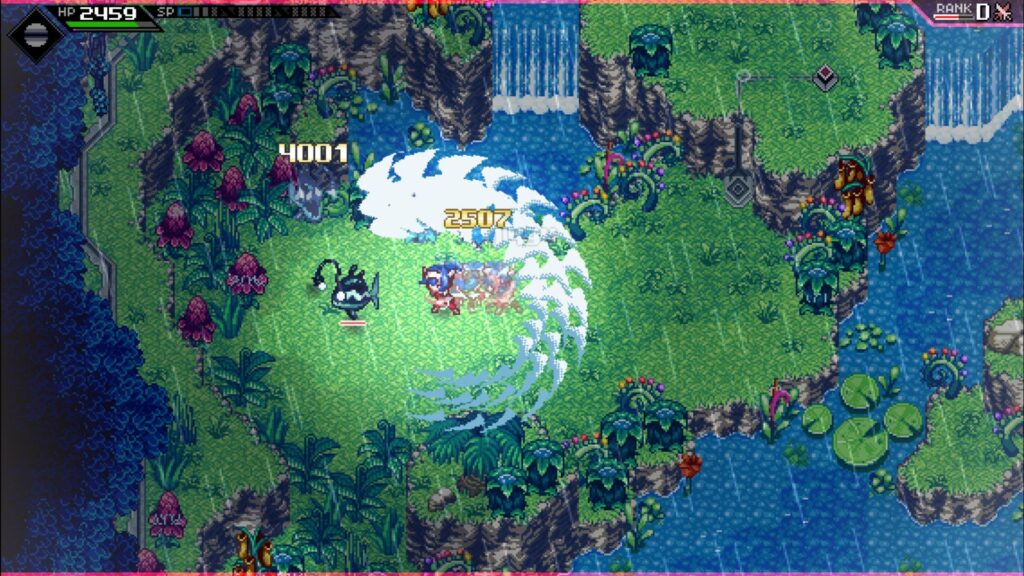
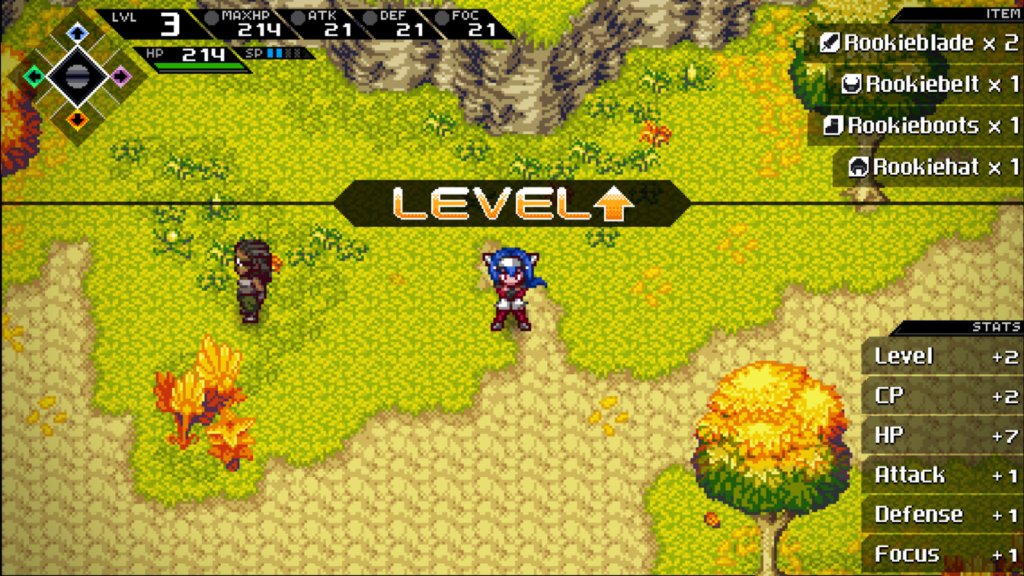


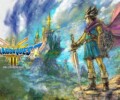
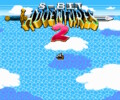
[…] With over six years of development behind it, and the seal of approval of publisher Deck13, of Crosscode and Chained Echoes fame, the old school open world ARPG might just be something special. Having […]